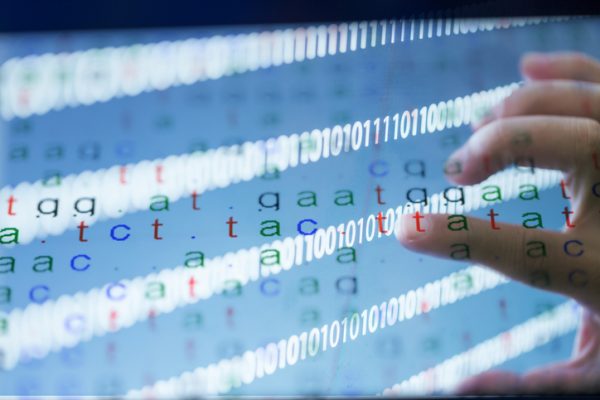
The first company to win a Food and Drug Administration authorization for a CRISPR-based product is now, less than two months later, looking to develop an on-site diagnostic for Covid-19.
Cambridge, Massachusetts-based Sherlock Biosciences said Wednesday that it would partner with binx health, based in Boston, to develop a point-of-care test for Covid-19 using CRISPR technology. Sherlock received an emergency use authorization for its CRISPR-based Covid-19 test kit on May 7, becoming the first company ever to get a regulatory nod for a product using the gene-editing platform.

Solving Healthcare’s Provider Data Problem Starts with Interoperability
Break down the silos. Take control of your provider data.
The companies will use Sherlock’s CRISPR technology and binx’s molecular testing system, called io, to develop a way to test for Covid-19 in retail and similar settings.
“This collaboration with binx health to advance our Sherlock diagnostic platform and offer an accurate, point-of-care test is the next critical step in combating the global Covid-19 crisis,” Sherlock CEO Rahul Dhanda said in a statement. “We are also excited to explore with binx how to utilize the io platform to bring accurate and affordable testing to hospitals, urgent care centers and other healthcare facilities for a range of diagnostic tests beyond Covid-19.”
Testing for Covid-19 – whether RT-PCR or serological – relies on samples being sent to central laboratories from the point of care, meaning it can take several days before patients learn whether or not they have the disease – days in which they could still spread the virus if they do not self-isolate. That has led to an interest in point-of-care testing. However, the Food and Drug Administration has come under fire for granting an emergency use authorization for one rapid test, Abbott’s ID NOW, amid reports that it is delivering inaccurate results.
Sherlock was co-founded by Broad Institute scientist Feng Zhang, one of the pioneers of CRISPR technology. Another company, South San Francisco, California-based Mammoth Biosciences – whose technology is based on the research of fellow CRISPR pioneer Jennifer Doudna of the University of California Berkeley – is partnered with GlaxoSmithKline to develop a CRISPR-based Covid-19 diagnostic.
Photo: jxfzsy, Getty Images








